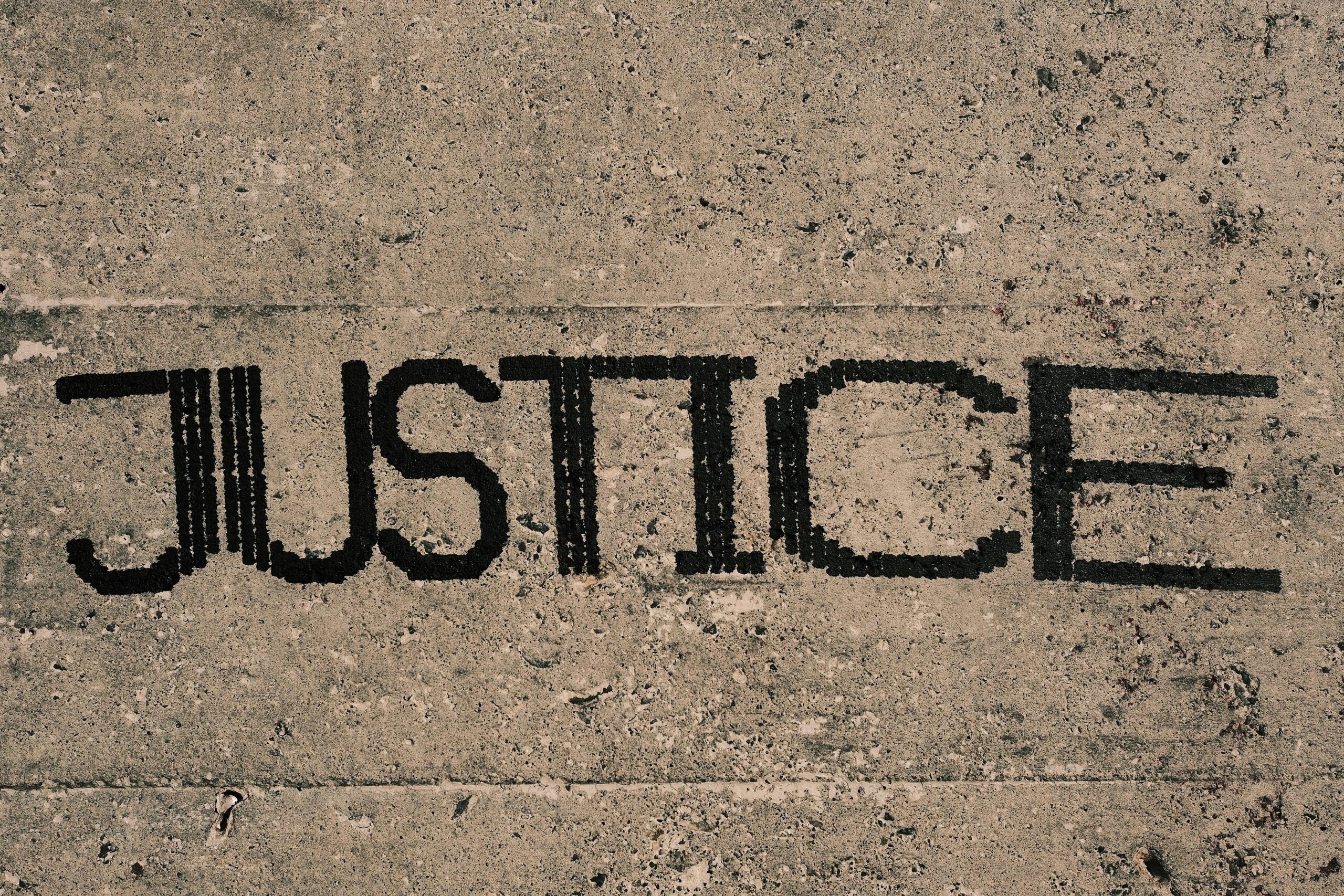Balance Is Good Enough by Kim Reisman

Scripture Focus:
In the days when the judges ruled in Israel, a severe famine came upon the land. So a man from Bethlehem in Judah left his home and went to live in the country of Moab, taking his wife and two sons with him. The man’s name was Elimelech, and his wife was Naomi. Their two sons were Mahlon and Kilion. They were Ephrathites from Bethlehem in the land of Judah. And when they reached Moab, they settled there. Then Elimelech died, and Naomi was left with her two sons. The two sons married Moabite women. One married a woman named Orpah, and the other a woman named Ruth. But about ten years later, both Mahlon and Kilion died. This left Naomi alone, without her two sons or her husband.
Then Naomi heard in Moab that the Lord had blessed his people in Judah by giving them good crops again. So Naomi and her daughters-in-law got ready to leave Moab to return to her homeland. With her two daughters-in-law she set out from the place where she had been living, and they took the road that would lead them back to Judah. But on the way, Naomi said to her two daughters-in-law, “Go back to your mothers’ homes. And may the Lord reward you for your kindness to your husbands and to me. May the Lord bless you with the security of another marriage.” Then she kissed them good-bye, and they all broke down and wept. “No,” they said. “We want to go with you to your people.” But Naomi replied, “Why should you go on with me? Can I still give birth to other sons who could grow up to be your husbands?”
And again they wept together, and Orpah kissed her mother-in-law good-bye. But Ruth clung tightly to Naomi. “Look,” Naomi said to her, “your sister-in-law has gone back to her people and to her gods. You should do the same.” But Ruth replied, “Don’t ask me to leave you and turn back. Wherever you go, I will go; wherever you live, I will live. Your people will be my people, and your God will be my God. Wherever you die, I will die, and there I will be buried. May the Lord punish me severely if I allow anything but death to separate us!” When Naomi saw that Ruth was determined to go with her, she said nothing more. So the two of them continued on their journey.
Ruth 1:1-11, 14-19 (NLT)
We’re continuing our focus on temperance by looking at the story of Naomi, Ruth, and Orpah. Make sure you read the entire story because there is much more to it than what we normally tend to focus on. There’s enough to unpack that I’m going to divide our discussion into two parts to finish out our month.
First of all, what an amazing story of courage and commitment! Ruth is understandably the hero of the story, and she is the one who gets most of our attention. She chose the dangerous prospect of leaving her homeland to follow Naomi. Because that choice, she goes on to become the great-grandmother of King David and one of only five women listed in the genealogy of Jesus. She definitely deserves our attention!
As heroic as Ruth is, however, we do ourselves a disservice if we fail to look at the other, often neglected character in this story – Orpah. When Naomi suggests that Ruth and Orpah return to their families, Orpah does just that. It’s a logical and rational choice. Widows in general were in a precarious position during Bible times. If they didn’t have family to care for them, they were often times left out in the cold; and to be a widow in a foreign land added that much more fear, danger, and despair. So Orpah’s decision seems dictated by common sense. The most logical and secure choice is for both Orpah and Ruth to return to the care of their families. But Scripture tells us that what ought to have been an easy choice wasn’t easy at all. Both women cried with sorrow and it takes Orpah a long, long time to decide.
In the end though, Ruth follows Naomi to Judah and Orpah returns home. We don’t know what happens to Orpah after that. We can probably safely assume that when she rejoined her family, she led a secure life.
Naturally, the church has presented Ruth as a model of strength and character, which is perfectly appropriate. And yet, I believe Orpah needs some renewed attention. I believe that as we seek to gain, or regain, as the case may be, the virtue of temperance, of balance in our lives, we need to look at both of these women.
Ruth followed, Orpah did not. There is obvious tension between those two choices just as there is with many of the choices we face throughout our lives. All of our choices are important, even the small ones, because they are intertwined with our faith. The nature of our faith will determine the decisions we make about our commitments, and the decisions we make about our commitments will determine the nature of our faith. But here is the rub. There will always be people out there who will hold up one of our choices as if it were the only one we should choose. This is true for both men and woman and in all the areas of our life.
As we confront the demands of life that pull us in varying directions, we need to remember that both Orpah and Ruth made courageous and good decisions. They did what was right for them; and each of us must do the same. If we must be “Orpahs” in the eyes of a group that thinks we need to be “Ruths,” then so be it. We can’t all be Ruths. And we can’t all be Orpahs. We will never be able to be all things to all people. We are always going to have to make choices about how we live our lives.
As you continue your prayer and fasting journey, spend some time thinking about Orpah. Have you ever stopped to consider her choice as a good one, worthy of affirmation? Where in your life have you experienced the clash of competing demands? I pray that as you reflect on the choices that may be before you, you would be emboldened to make the choice that is right for you, even if that makes you an Orpah in the eyes of all the Ruths, or a Ruth in the eyes of all the Orpahs.
Subscribe
Get articles about mission, evangelism, leadership, discipleship and prayer delivered directly to your inbox – for free






















